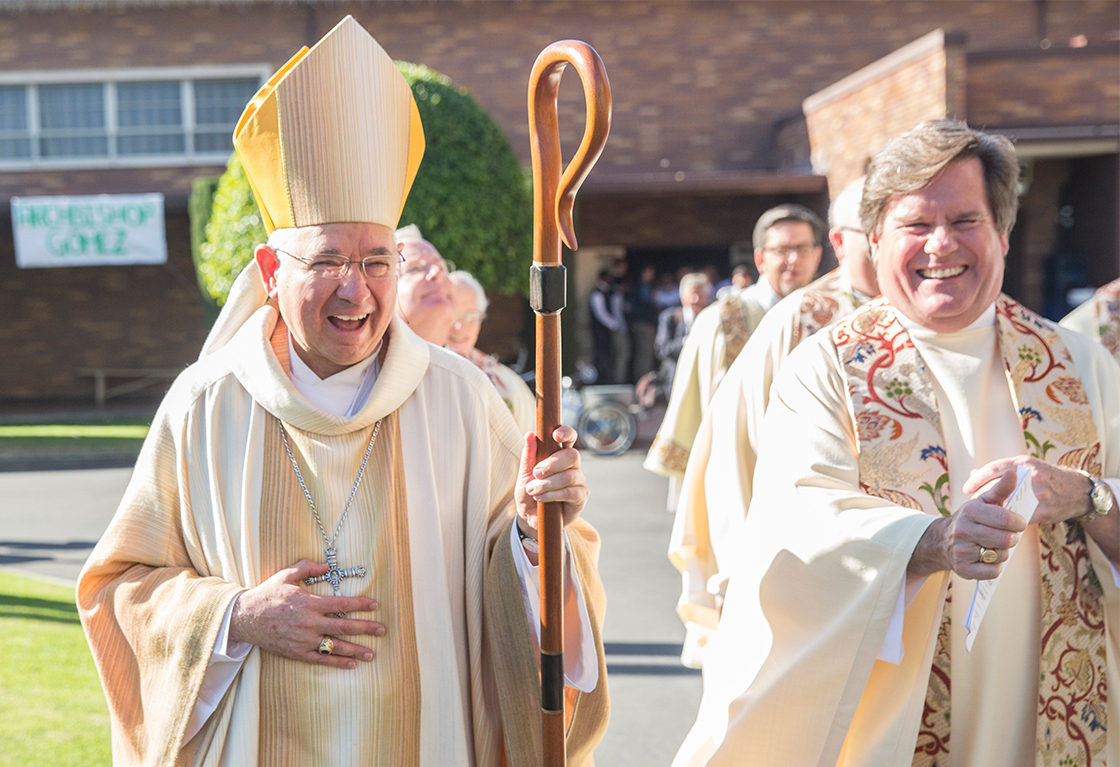New
April 10, 2024
Remember what the sign of the cross is for


Start your day with the free Always Forward e-newsletter. Sign up today and you will receive the latest in Catholic news from Angelus News.

Watch stories of faith from people across the Archdiocese of Los Angeles
Invite a friend or loved one to join you for Mass.
Watch daily Mass from the Cathedral of Our Lady of Angels and find Mass times across the Archdiocese.
Look back at our 2023 Our Lady of Guadalupe celebrations.
Start your day with the Always Forward newsletter